The ongoing dispute between real estate developers Abhishek Lodha and Abhinandan Lodha regarding the use of the ‘Lodha’ trademark is moving toward mediation, following a directive from the Bombay High Court on January 31. The court has appointed former Supreme Court Justice R V Raveendran as the mediator, setting an initial timeline of five weeks to facilitate discussions and work towards a resolution.
Background of the Trademark Dispute
The dispute emerged when Macrotech Developers, led by Abhishek Lodha, filed a lawsuit against the House of Abhinandan Lodha (HoABL), accusing it of unauthorized use of the ‘Lodha’ name. Macrotech Developers, formerly known as Lodha Developers, sought a perpetual injunction to prevent its competitors, including the House of Abhinandan Lodha, from using the ‘Lodha’ brand name. The lawsuit, valued at ₹5,000 crore, argued that the brand had been built over four decades, with an investment of ₹1,700 crore in brand development in the last decade alone.
The legal battle gained momentum when the Bombay High Court, on January 27, suggested mediation as a means to resolve the matter amicably, given that the primary contention existed between two brothers. The court then sought confirmation from both parties on January 28 regarding their willingness to proceed with mediation.
Court's Directives and Mediation Process
On January 31, the single-judge bench of Justice Arif Doctor formally directed the brothers to engage in mediation, emphasizing that an attempt should be made to settle the dispute within five weeks. The court noted that if mediation showed positive progress, the timeline could be extended. However, if mediation failed, the matter would be taken up for an interim relief hearing on March 21.
The court indicated that initial mediation efforts should focus solely on Abhishek and Abhinandan Lodha. Other involved parties could be brought into discussions later if required. The court also expressed optimism that a resolution between the two would lead to a broader settlement, preventing unnecessary legal complexities.
Positions of the Lodha Brothers
Abhishek Lodha, who leads Macrotech Developers, has indicated his willingness to participate in the mediation process. He maintains that the ‘Lodha’ brand was built with extensive effort and investment, and he seeks to protect its legacy and market value. He has also expressed confidence in the mediation process to address and resolve the dispute.
Abhinandan Lodha, who heads the House of Abhinandan Lodha, has also agreed to mediation while maintaining that family disputes should not be resolved in public forums. He believes that past commitments within the family should be upheld and asserts that he has always delivered on his obligations. He hopes that mediation will result in an equitable resolution.
Implications of the Dispute and Mediation Outcome
The legal battle between the two brothers has drawn considerable attention in the real estate sector, given that both firms have significant market influence. Macrotech Developers, one of India’s leading real estate firms, has built a strong reputation under the ‘Lodha’ brand, focusing on high-end residential and commercial projects. The House of Abhinandan Lodha, operating under Lodha Ventures, has pursued a different business model, with investments in plotted developments and land banking.
A successful mediation could prevent a prolonged legal battle, preserving the brand’s market standing and avoiding any potential dilution of value. It could also help both firms navigate their business operations without further conflicts over brand identity. Conversely, if mediation fails, the case will proceed to litigation, which could lead to further legal complications and market uncertainties.
The mediation process will be monitored closely, with the court scheduled to review progress on March 21. If significant advancements are made, the timeline for discussions may be extended. However, if no resolution is reached, the case will move forward in court.
Industry observers view this mediation as a crucial test for resolving high-profile corporate disputes through dialogue rather than extended litigation. The outcome could set a precedent for similar cases involving family-run businesses in the real estate sector and beyond.

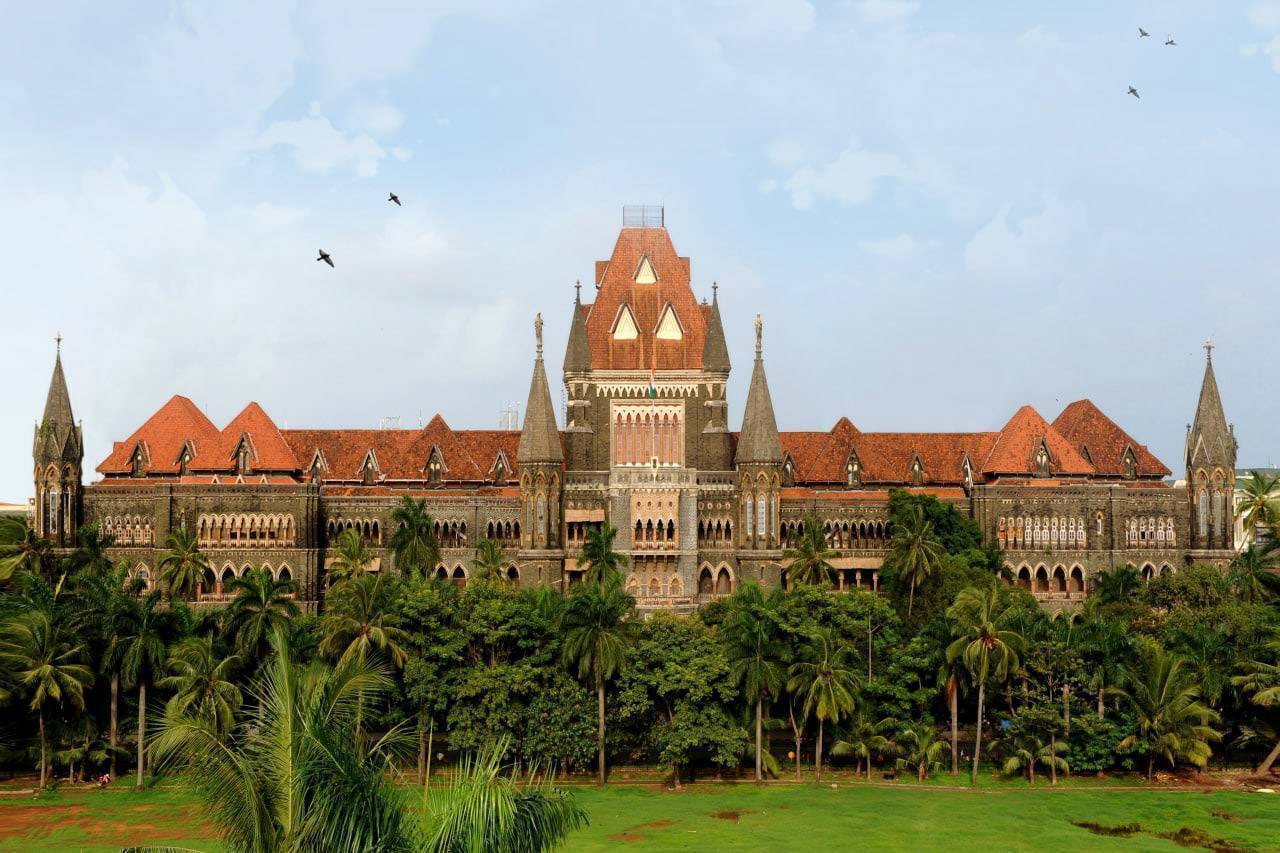
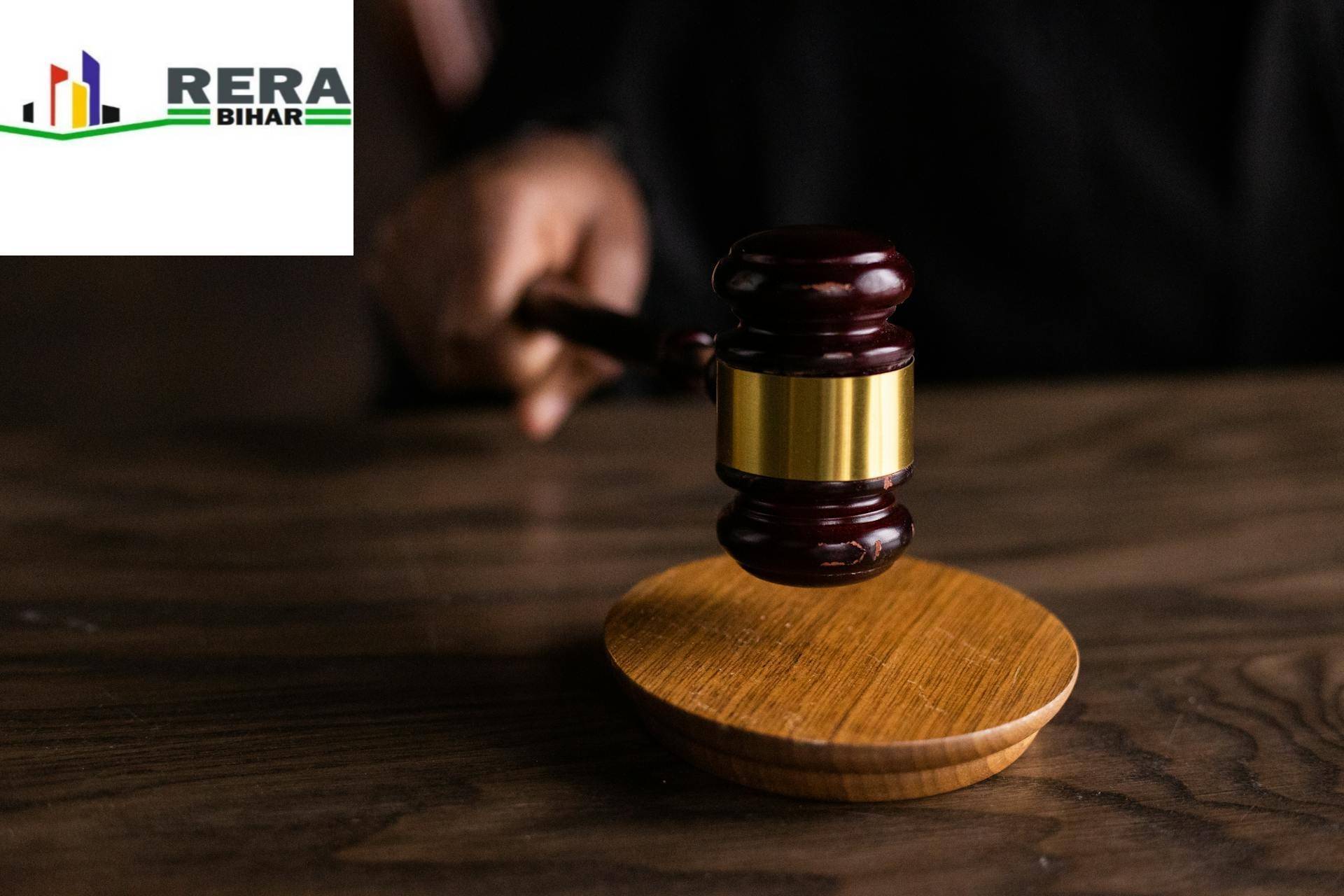

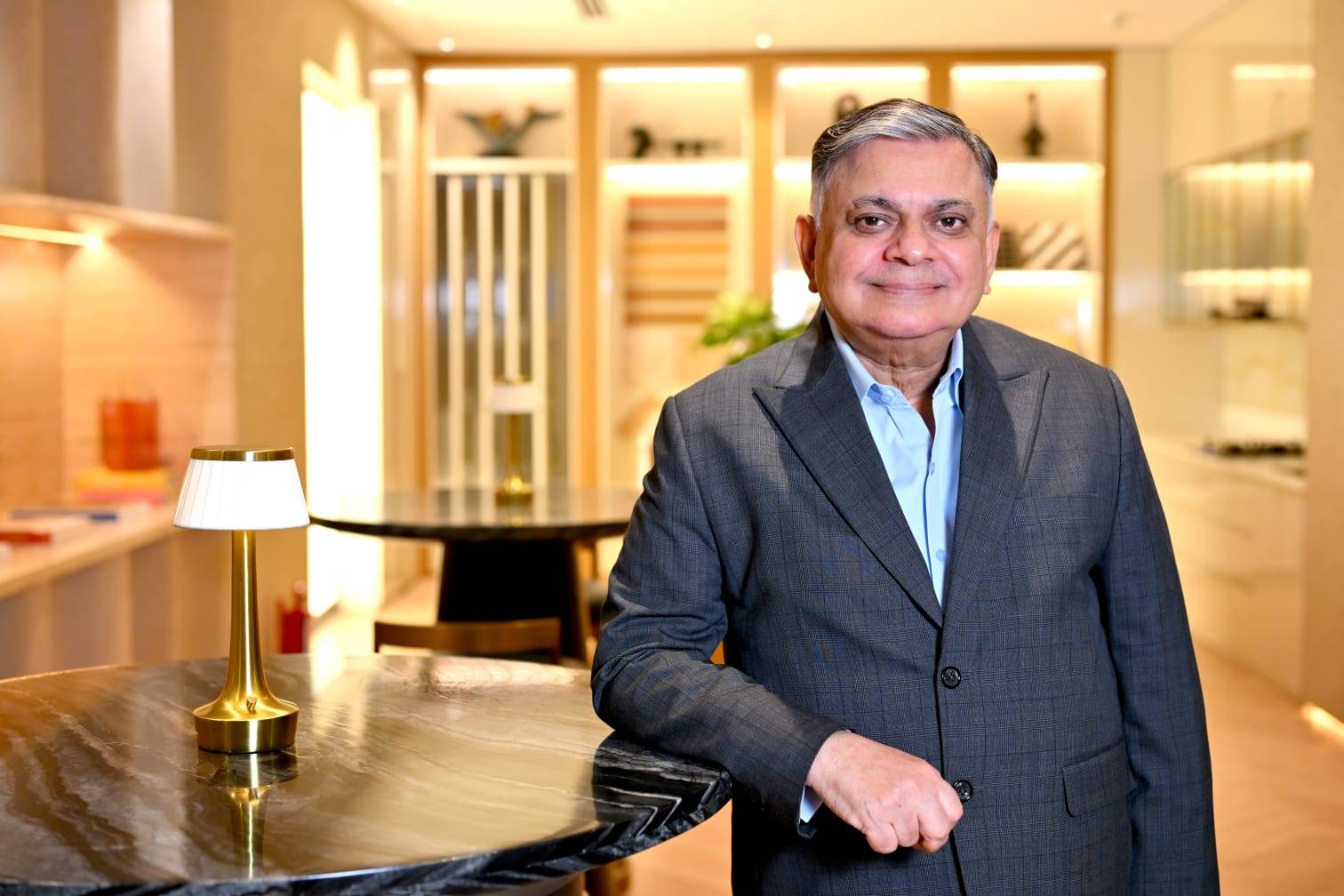
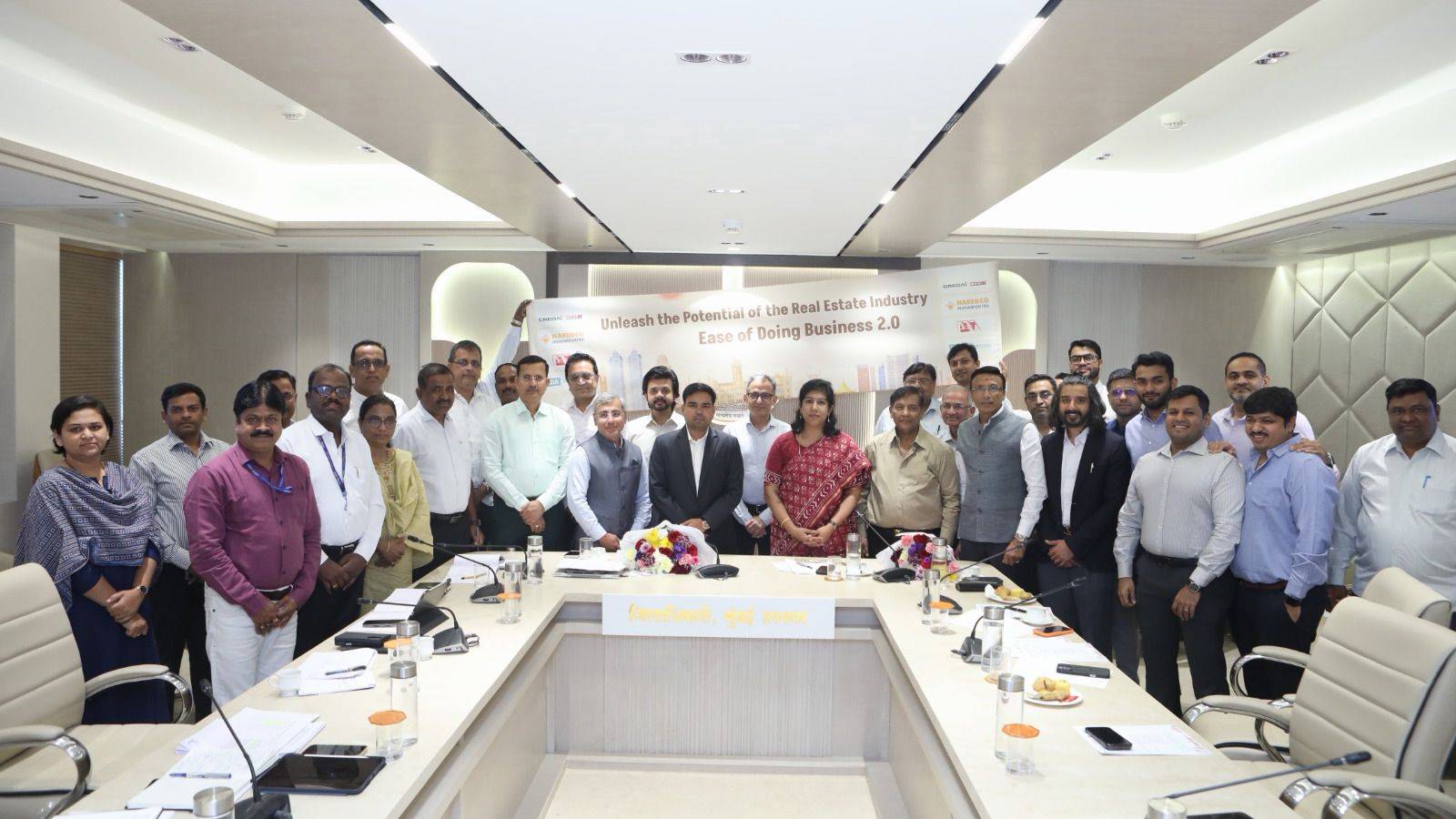
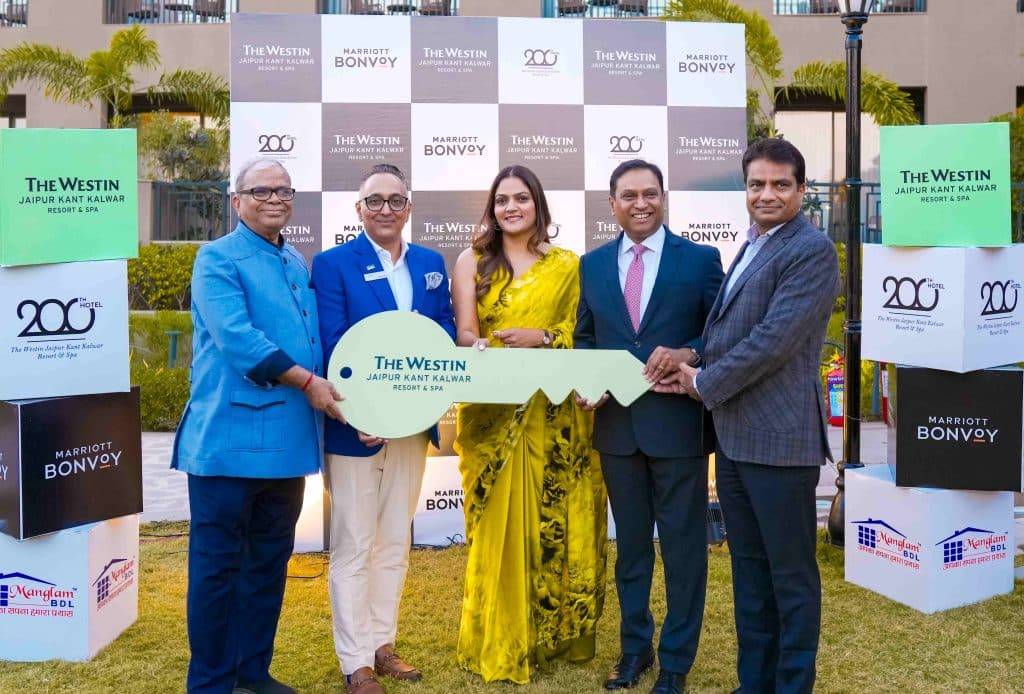
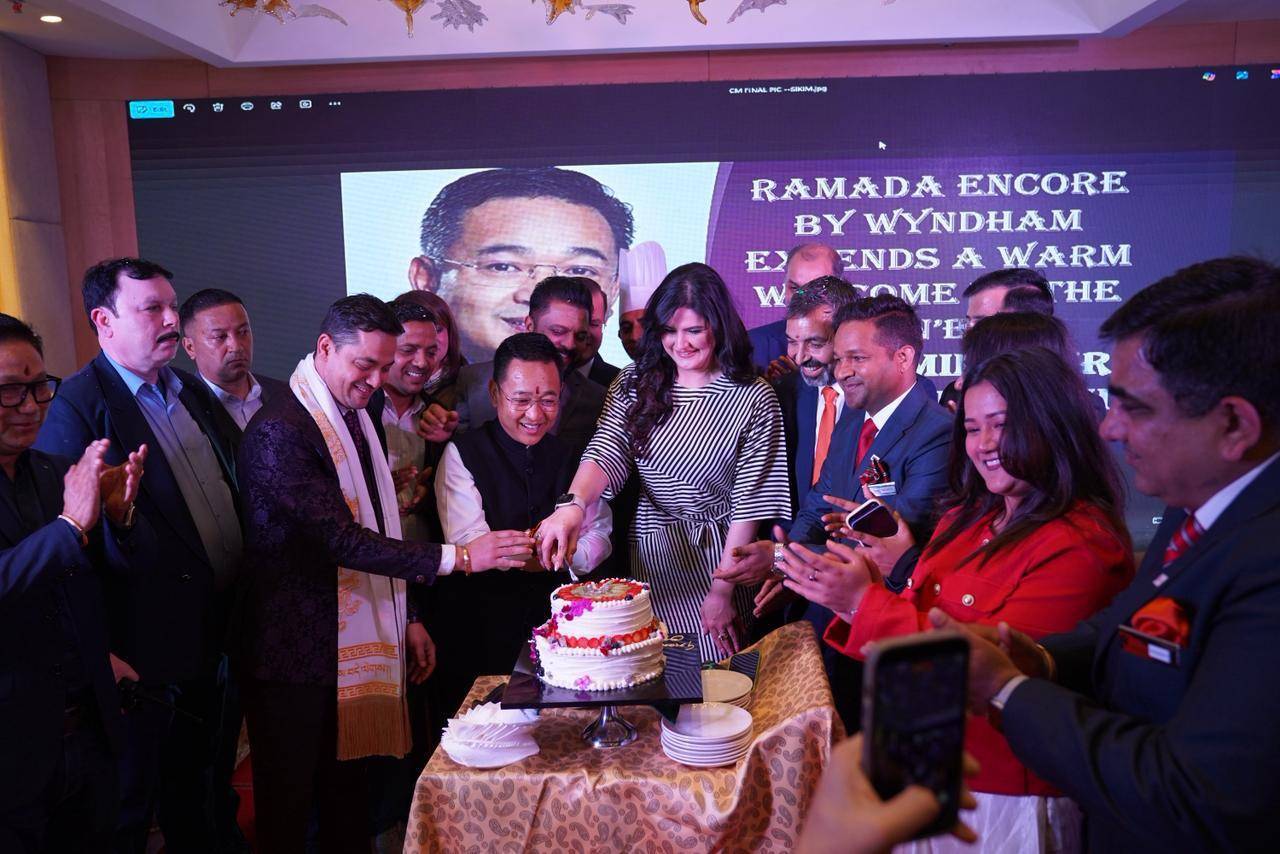

.png)